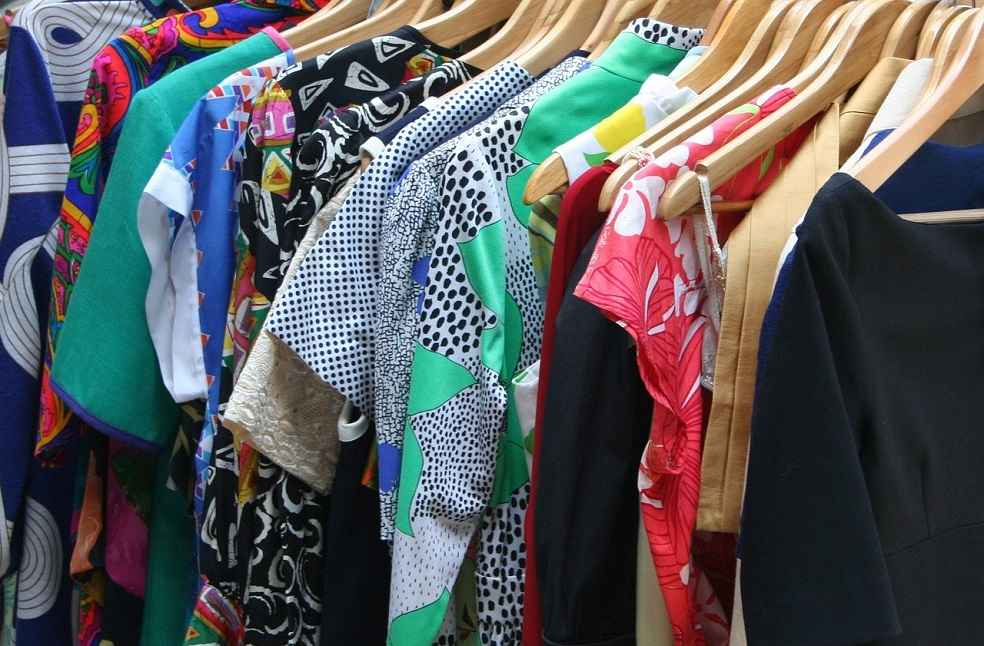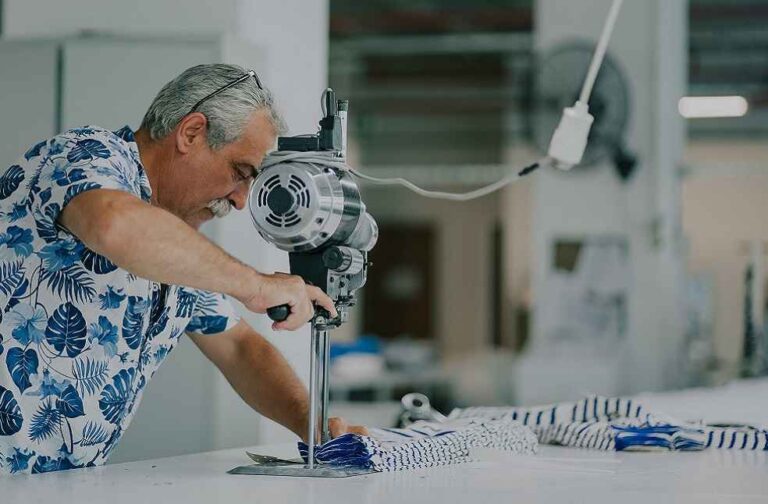The International Trade Centre (ITC) organized a Sustainable Apparel Industry workshop in Morocco for North Africa and the Middle East’s apparel enterprises. This event, integral to ITC’s Global Textiles and Clothing Programme (GTEX) and MENATEX activities, focused on exploring sustainable business opportunities and understanding the impact of legislative reforms in the textile sector.
The workshop included experts, academics, and industry professionals from Egypt, Jordan, Morocco, and Tunisia. They discussed sustainability, circularity, international regulations, research and development, and technical aspects of textile circularity.
Matthias Knappe, head of ITC’s fibres, textiles, and clothing unit, highlighted the role of academic institutions in supporting export-oriented businesses and job creation. Discussions focused on circular economic models, new technologies, carbon reduction, and life cycle assessments in textiles.

Tobias Meier from Sustainable Textiles Switzerland 2030 spoke about upcoming European Union regulations and the potential risks for brands and retailers. He noted the strategic position of the MENA region in developing business, especially with Europe’s significant market presence and new legislation.
Rym Jelassi, general coordinator of the Tunisian Textile and Clothing Federation (FTTH), described the event as beneficial, focusing on the Tunisian textile industry’s priorities in research, development, eco-design, and skill enhancement. Tunisian efforts include waste management, environmental training, and green job creation.
This workshop sets the stage for the second phase of the GTEX/MENATEX programme in 2024. GTEX/MENATEX II aims to improve the textile and apparel industry in Egypt, Jordan, Morocco, Tunisia, and Sri Lanka, focusing on export competitiveness through sustainability and circularity. The programme supports the United Nations Sustainable Development Goals (SDGs) and contributes to sustainable practices in the textile and apparel value chain.

Statistics underscore the need for such initiatives. The fashion industry is responsible for 10% of global carbon emissions and is a major water consumer. Less than 1% of clothing material is recycled into new garments, highlighting a significant area for improvement through circular economic practices. The MENA region’s participation in these global efforts enhances economic prospects and positions it as a leader in environmental stewardship in the apparel industry.
BUSINESS | Sportswear Market Booms



